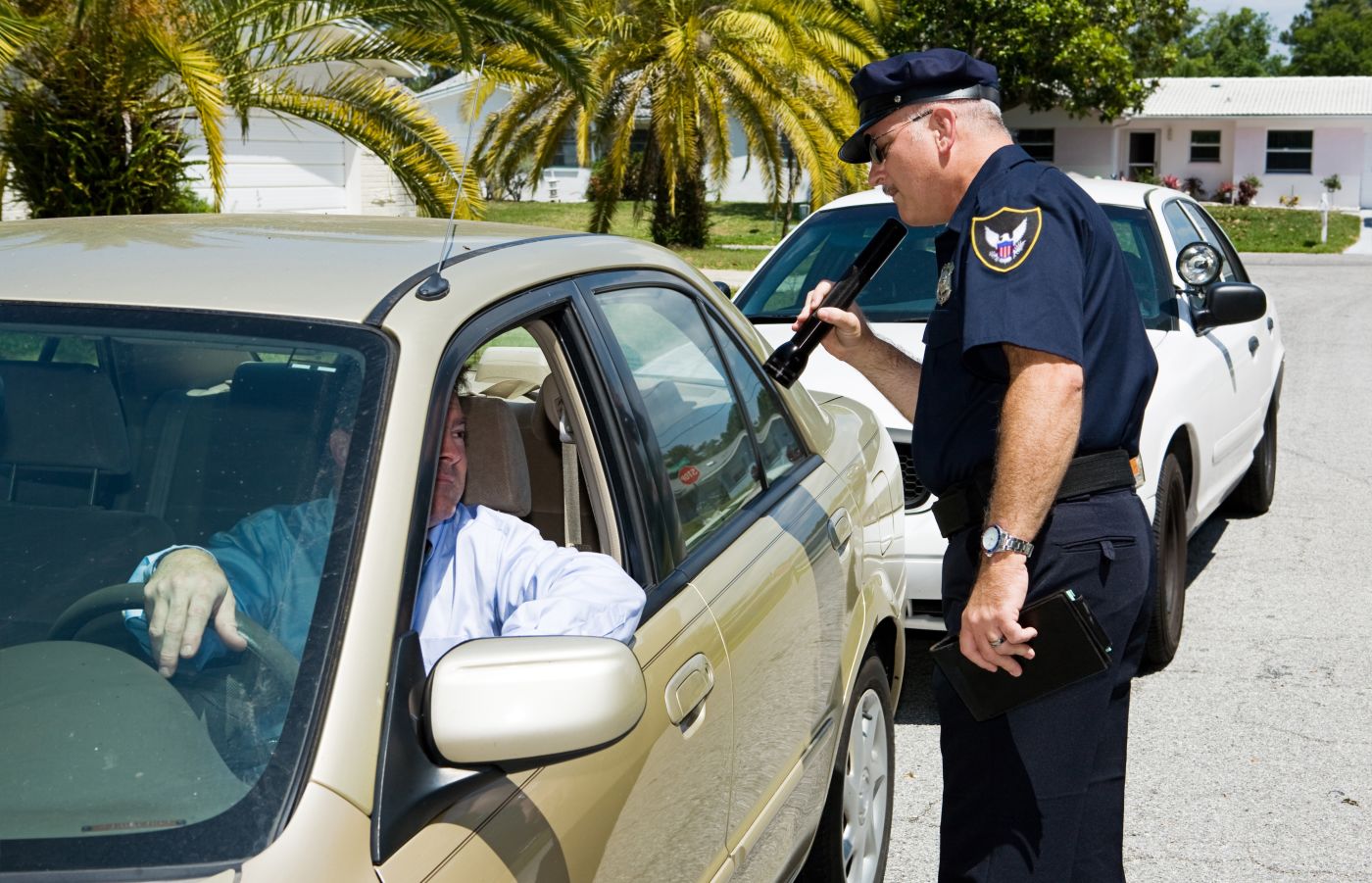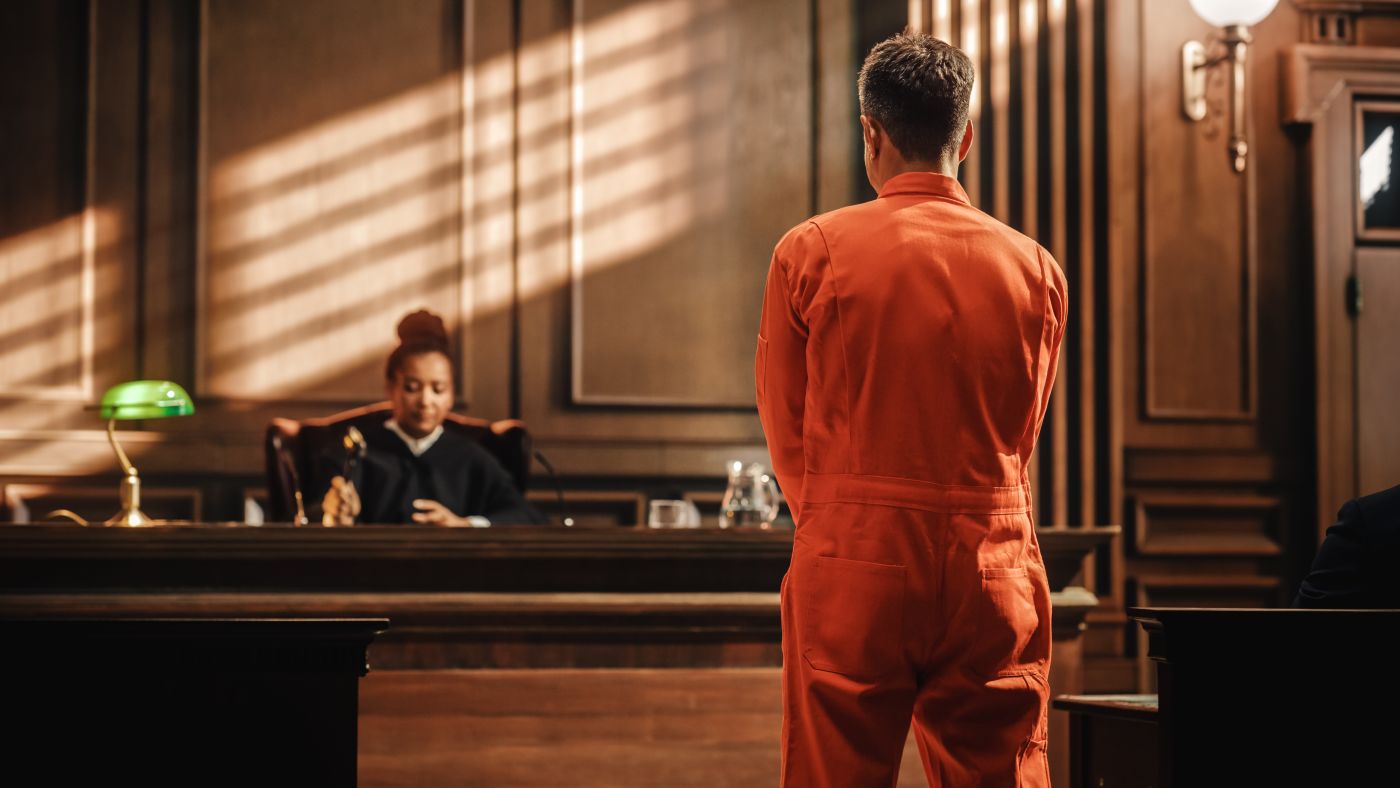
In Nebraska, as in every state, citizens have certain rights when stopped by police officers during a traffic stop or subjected to a police search.
These rights are grounded in the U.S. Constitution and are designed to protect individuals from unlawful actions by law enforcement. It’s important to understand these rights, especially in situations involving DUI (driving under the influence) and traffic offenses.
If you need legal guidance regarding a police search or traffic stop, our attorneys at Anderson, Creager & Wittstruck, P.C., L.L.O. in Lincoln, Nebraska, can help. We serve clients throughout Lancaster County, Gage County, Saline County, Seward County, Otoe County, Cass County, and Saunders County.
Knowing what you can and can’t do during a traffic stop or police search can make a significant difference in the outcome of your case. For more information or to work with an experienced DUI & traffic attorney, contact us at Anderson, Creager & Wittstruck, P.C., L.L.O. today.
The Right to Remain Silent
One of the most crucial rights during a police stop is your right to remain silent. The Fifth Amendment of the U.S. Constitution grants you the right not to incriminate yourself. This means that if a police officer stops you, you have the right to not answer questions that may lead to self-incrimination.
For example, during a DUI stop, officers may ask you questions such as, “Have you been drinking tonight?” While you're required to provide basic identification, such as your name and address, you don't have to answer questions that could be used against you in court.
Politely stating that you wish to remain silent can prevent you from inadvertently saying something that could harm your case later.
If you choose to remain silent, make sure to clearly communicate that to the officer. Not all states protect this right equally, so it’s always advisable to speak with a DUI & traffic attorney if you're unsure about the law in Nebraska.
Now that we've established your right to remain silent, it’s important to also understand the limits to police questioning and what to expect when they ask you to perform certain tests.
The Right to Refuse a Search
Another significant right that you have during a traffic stop or police search is the right to refuse a search of your person, vehicle, or property. Under the Fourth Amendment, police officers need probable cause or a search warrant to search you or your property. However, if they don’t have either of these, they must ask for your consent.
If an officer asks to search your vehicle during a traffic stop, you have the right to say no. It’s important to know that refusing a search doesn't give the police permission to arrest you or search your vehicle without further legal justification.
However, there are some exceptions to this rule, such as if the officer has probable cause, which means they have reasonable grounds to believe that evidence of a crime is inside your vehicle. In a DUI case, this could mean if the officer sees open containers of alcohol or smells marijuana, they may have enough cause to search your car.
While the right to refuse a search is important, there are situations where officers can conduct a search without your consent, particularly during DUI stops.
The Right to a Breathalyzer Test
In Nebraska, if you’re stopped under suspicion of DUI, you're required by law to submit to a breathalyzer test if requested by law enforcement. This is known as “implied consent.” When you obtained your driver’s license in Nebraska, you implicitly agreed to take a breath test if asked during a DUI stop.
If you refuse the breath test, you may face immediate consequences, including license suspension and possible fines. Additionally, your refusal can be used against you in court. However, you have the right to ask for a second test if you believe the results of the first test were incorrect.
It’s important to note that while you must comply with a breathalyzer test request, you don't have to answer questions regarding whether you had been drinking or using drugs. Law enforcement can use the breathalyzer results to build a case against you, but they can’t compel you to speak about your activities.
Your rights during a breathalyzer test are:
You must comply with the breath test if requested.
Refusing the test can lead to license suspension, fines, and legal consequences.
You can request a second test if you believe the first test was inaccurate.
You aren't required to answer questions about your alcohol or drug use.
While complying with breathalyzer tests is often a requirement, it’s also important to understand the role that DUI checkpoints play in these encounters and the rights you have during such stops.
Your Rights at Sobriety Checkpoints
DUI checkpoints are common in Nebraska, especially around holiday seasons or at times when law enforcement is cracking down on impaired driving. While DUI checkpoints are generally legal in Nebraska, they must adhere to specific rules.
For example, the checkpoints must be announced in advance, and officers must stop vehicles in a predetermined and non-discriminatory manner.
At a DUI checkpoint, you don't have the right to avoid the checkpoint or turn around in an attempt to evade it. However, once you stop at the checkpoint, you have the right to refuse questioning. Officers may ask questions about where you’ve been and if you’ve been drinking, but you aren't required to answer these questions.
It’s also important to note that officers are permitted to briefly detain you for observation, but they must have reasonable suspicion to prolong the stop or conduct a breath test.
Now that we’ve discussed DUI checkpoints, let’s move on to another key right—your right to be free from unreasonable detentions during a traffic stop.
Your Right to Be Free From Unreasonable Detention
During a traffic stop, officers may briefly detain you for questioning or to investigate the reason for the stop. However, the length of detention must be reasonable. If a police officer detains you for longer than necessary without further legal justification, it may be considered an unlawful detention.
If the officer doesn't have a reasonable suspicion of illegal activity, they’re required to let you go. For example, if an officer pulls you over for a traffic violation and can’t find any evidence of a DUI, they must release you without further delay.
If you feel that you’re being detained unnecessarily or unlawfully, it’s important to remain calm and polite. You don't have to physically resist, but you have the right to challenge the detention legally later on with the help of a DUI & traffic attorney.
While unreasonable detentions can occur, it’s important to know what actions officers can take if they have reasonable suspicion that you're intoxicated or under the influence.
The Right to an Attorney
Finally, one of the most important rights you have during a traffic stop or police search is the right to an attorney. If you're arrested or face charges for DUI or other traffic violations, you have the right to consult with an attorney before answering any further questions or making any statements.
If you're stopped and arrested for DUI in Nebraska, an attorney can guide you through the legal process, advise you on your next steps, and help protect your rights. It's always advisable to contact a DUI & traffic attorney as soon as possible after an arrest or citation for any traffic offense.
If you're under arrest for DUI, you may be read your Miranda rights, including the right to remain silent and the right to an attorney. You can invoke these rights at any time during your interaction with law enforcement.
Having a DUI & traffic attorney on your side can help you avoid mistakes that might affect the outcome of your case, especially when dealing with legal nuances.
When to Contact a DUI & Traffic Attorney
If you've been stopped by law enforcement under suspicion of DUI or have faced any of the situations outlined above, it's essential to contact a DUI & traffic attorney as soon as possible. The earlier you consult with an attorney, the better your chances of minimizing the impact of the traffic violation or DUI charge.
An attorney can help you challenge any unlawful searches, refusals of rights, or evidence that might have been improperly gathered. They can also guide you on the right steps to take to reduce penalties or have charges dismissed entirely.
In Nebraska, the legal system surrounding DUI and traffic offenses is complicated, and an experienced attorney can make all the difference in the outcome of your case.
Speak to a DUI & Traffic Attorney Today
Understanding your rights during a police search or traffic stop is essential to protecting yourself from wrongful actions by law enforcement.
At Anderson, Creager & Wittstruck, P.C., L.L.O., we’re proud to advise and serve clients throughout Lancaster County, Gage County, Saline County, Seward County, Otoe County, Cass County, and Saunders County.
If you’re ever in doubt, contact our DUI & traffic attorney to assure that your rights are defended and that you receive fair treatment. Reach out to us at Anderson, Creager & Wittstruck, P.C., L.L.O. today.


